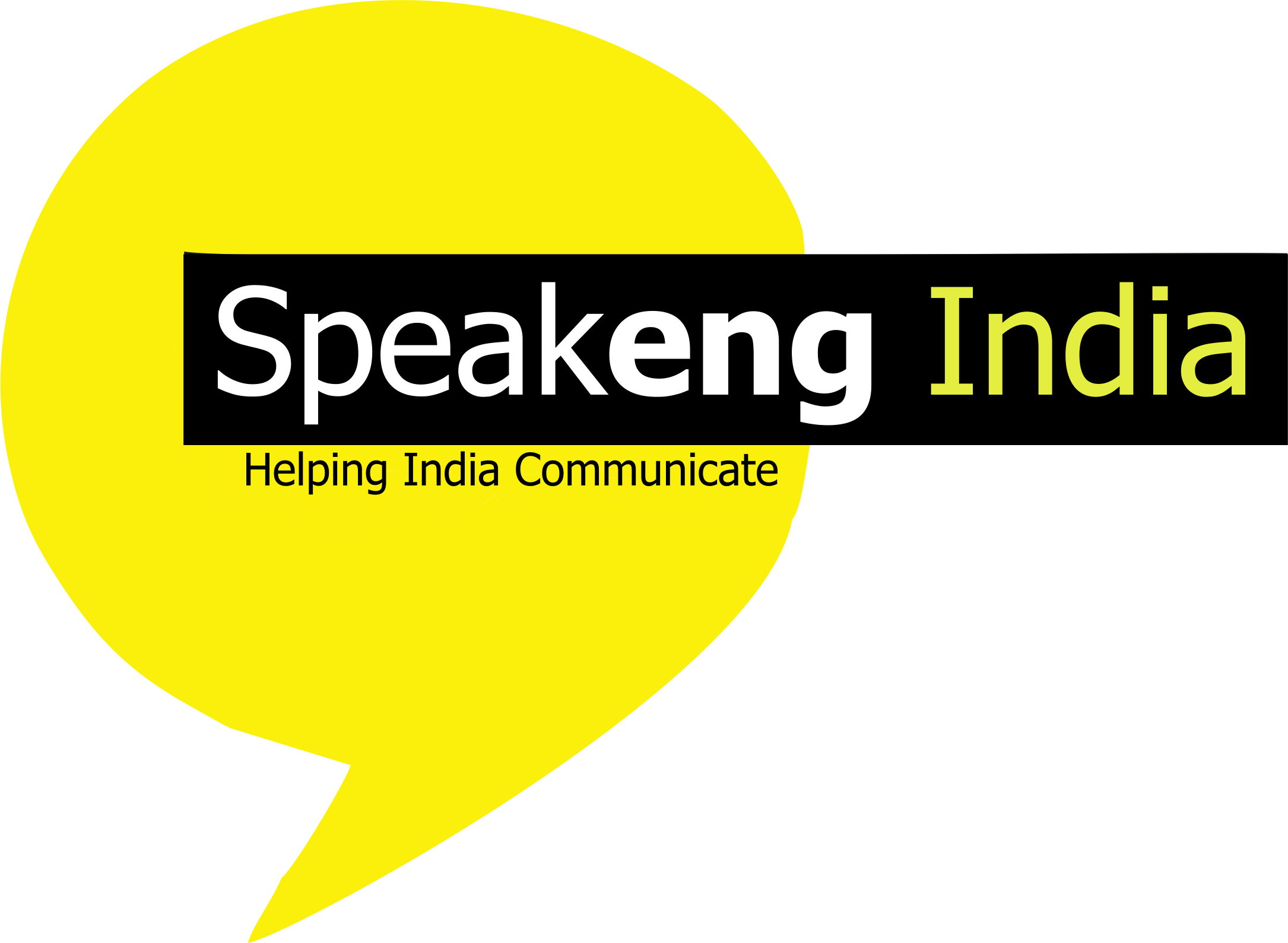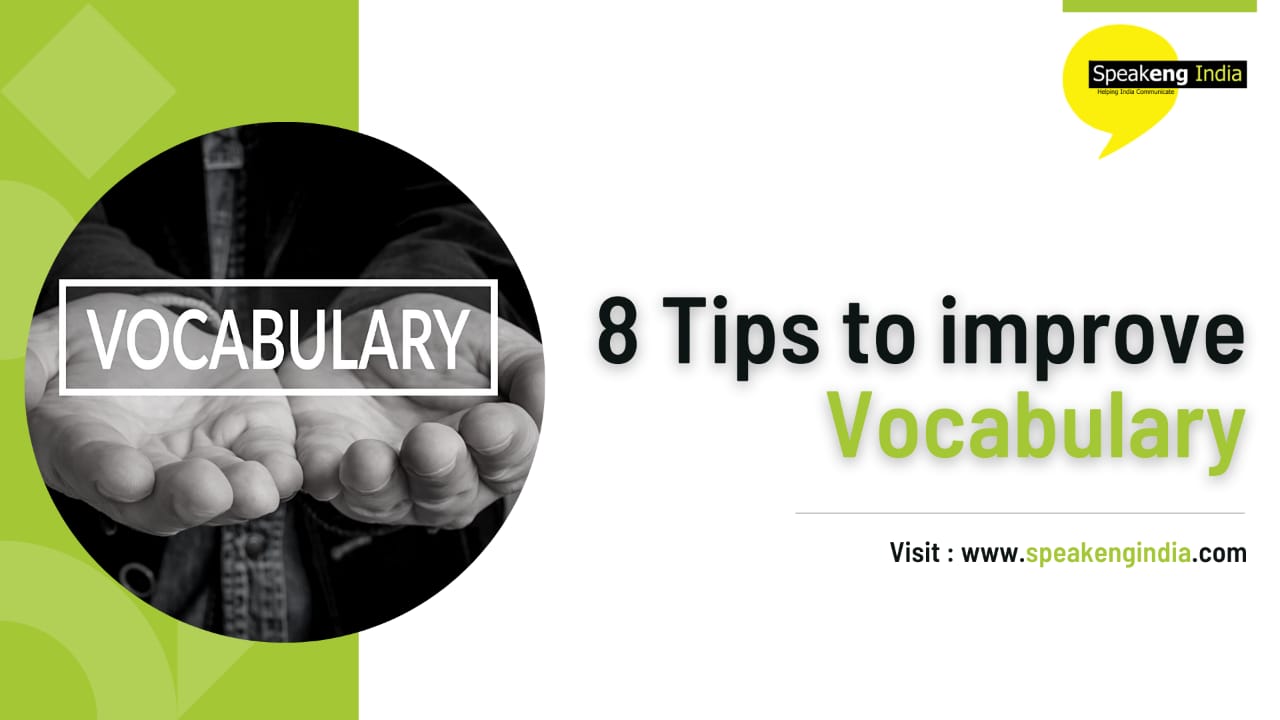Vocabulary is the building block of any language. Notice how we teach kids new words when they are learning to speak their mother tongue? This makes them a better communicator and slowly they learn how to put their feelings in words. Same concept goes with any other language that you learn.
Every new word that you add to your mind makes you a more eloquent person. Someone who can communicate more clearly and concisely is understood better by others.
Here are some tips with which you can definitely up your game at Vocab building.
- Read Read and Read more:
Read books, literary works, magazines, newspapers. Read on different themes, as per your interest as well as outside your interest. Challenge yourself on inculcating a regular reading habit. The more you read, the more you are exposed to the language, to more and new words. Reading a new word in a context is far better than reading it in vocabulary lists.
2. Keep a Dictionary and Thesaurus handy:
Even if you understand a new word based on its context or etymology, it’s always good to look it up in the dictionary. That way, you confirm the correct meaning as well as you also come across its various forms of usage. A dictionary also shows the antonyms, synonyms, root words, related words, pronunciation etc. This helps further in your vocabulary building.
3. Use Etymology:
Etymology, as per dictionary, is the study of origin of words and the historical development and transition of its meaning during the course of time.
Now, once we have got the hang of a few new words, start learning complex words via their etymology. Learn the roots of words, learn about their suffix and prefix. Most of the words in English language have a Greek or Latin root. Once you know the root, you realise that many other words originate from that single root.
4. Start with the everyday vocab:
Rather than looking at developing your vocab for writing a novel straight, start with adding new words to your daily conversation. Use the words while talking to your colleague or someone in the lift. Words need to be used regularly if you want your mind to remember them.
“Don’t underestimate the seductive power of a decent vocabulary”!
5. Use Mnemonics:
Our mind doesn’t remember a word as much as it can remember its association. It’s a proven fact. More so, if the association is to some visualization. Mnemonics have proven great at building vocab. You can break a word in pieces, associate the different pieces to different things that you can remember. Or associate the word as a whole to something.
It works wonders.
6. Use Flashcards:
Flashcards are a no fail method since ever to learn new things. Be it teaching alphabets to small kids or learning a new recipe in the kitchen, flash cards have always proven effective. These days, an array of smart phone apps have replaced the traditional paper cards but it has only added to its effectiveness. They are easier to use and organise now. Aim at learning one new word everyday while you are travelling, spinning your chair or just doing nothing. Open the flash card and there you go!
7. Play Word Games:
Classic word games like Scrabble and Crossword are a fun way to build your word collection. You can make it more effective by taking quick notes on the new words that you learn during the game. With these games you can also improve the vocab of the whole family while spending some fun hours together.
8. Subscribe to Word of the day feed:
Some apps, websites or social media platforms let you subscribe to their word of the week notification. With that you receive a new word via mail or message. This adds to your daily dose of new word collection.
We at Speakeng India provide you Best Spoken English Classes in Bangalore with such guidance that helps you master the language along with interview skills, presentation skills, personality development, email Etiquette, accent training and much more. Confidence is your personal trait but we help you to build it as its the key to speaking fluent English.




